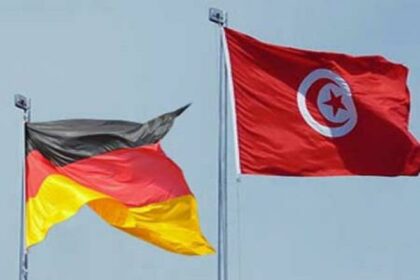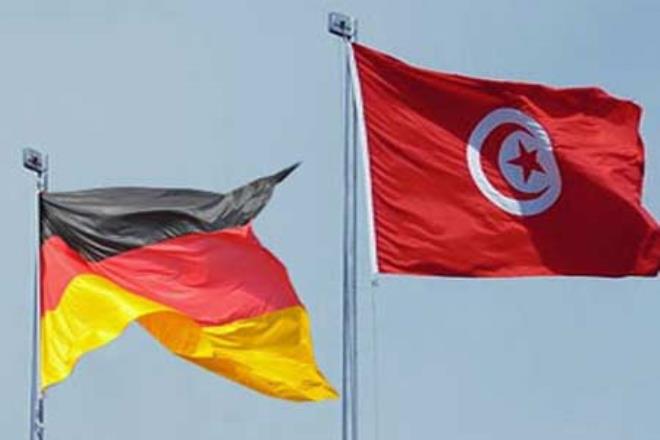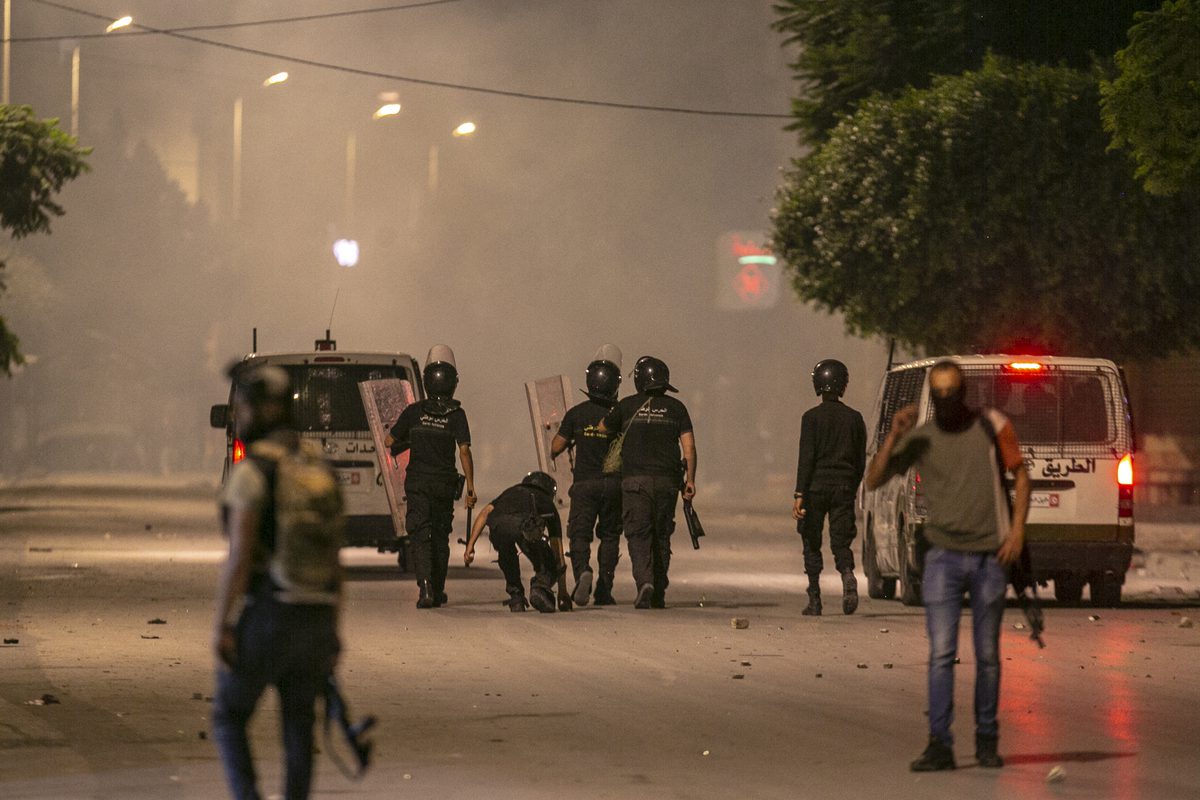 Tunisia has turned down the invitation to participate in the Berlin Conference held this Sunday, January 19, because the invitation was late and because Tunis has not been involved in the preparatory meetings for the conference.
Tunisia has turned down the invitation to participate in the Berlin Conference held this Sunday, January 19, because the invitation was late and because Tunis has not been involved in the preparatory meetings for the conference.
,” the Foreign Affairs Department said in a statement Saturday while expressing its thanks and consideration for the invitation sent Friday by German Chancellor Angela Merkel to President Kais Saied.
“Tunisia is unable to attend this conference because the invitation arrived late and because of its non-participation in the preparatory meetings for the conference that began last September,” the Foreign Affairs Department said in a statement relayed Saturday by TAP news agency.
Tunisia has insisted that it should be at the forefront of countries supporting any international efforts, taking into account its interests and those of the Libyan people, the Foreign Ministry said, underlining Tunisia’s commitment to play an effective role as a force of proposal alongside other countries working for peace and security, within the framework of the international legitimacy.
It is in Tunisia’s interest to see peace and security prevail in Libya, not to mention its status as a non-permanent member of the Security Council and Chair of the current session of the League of Arab States, the statement said, adding that Tunisia’s decision not to attend the Berlin conference will not prevent it from continuing its sustained efforts to establish peace and bring the various Libyan parties closer.
Tunisia has been committed since the beginning of the Libyan crisis not to interfere in the internal affairs of this country and to push the Libyan parties for dialogue, the Foreign Ministry recalled.
Renewing Tunisia’s commitment to a political solution based on the free will of the Libyan people, away from any foreign intervention, the Foreign Ministry insisted that Libya’s instability is a matter of national security for Tunisia (…) which could be led to take exceptional measures at its borders in order to secure them and defend its national security in the face of a possible escalation of the crisis in the neighboring country.



